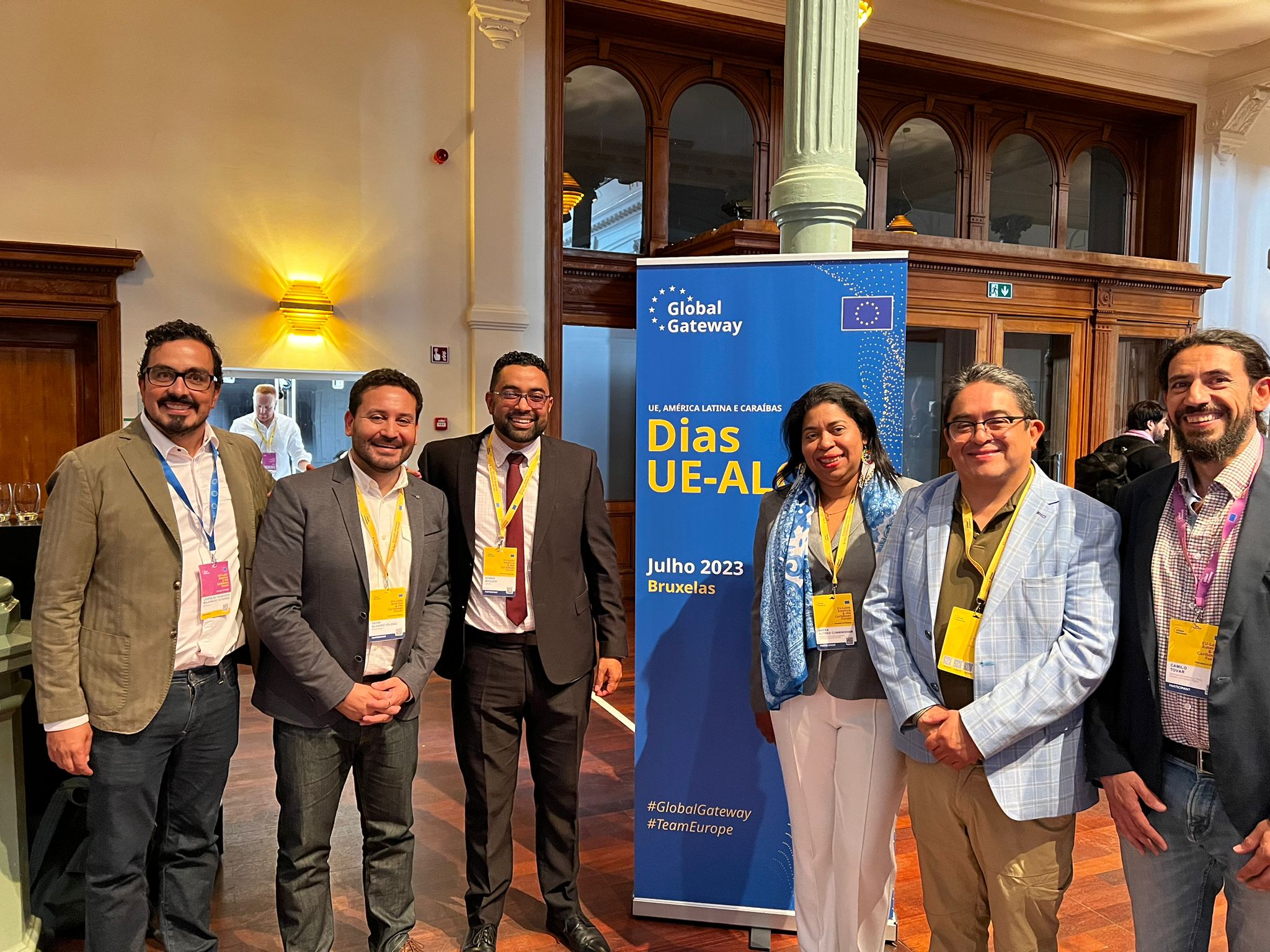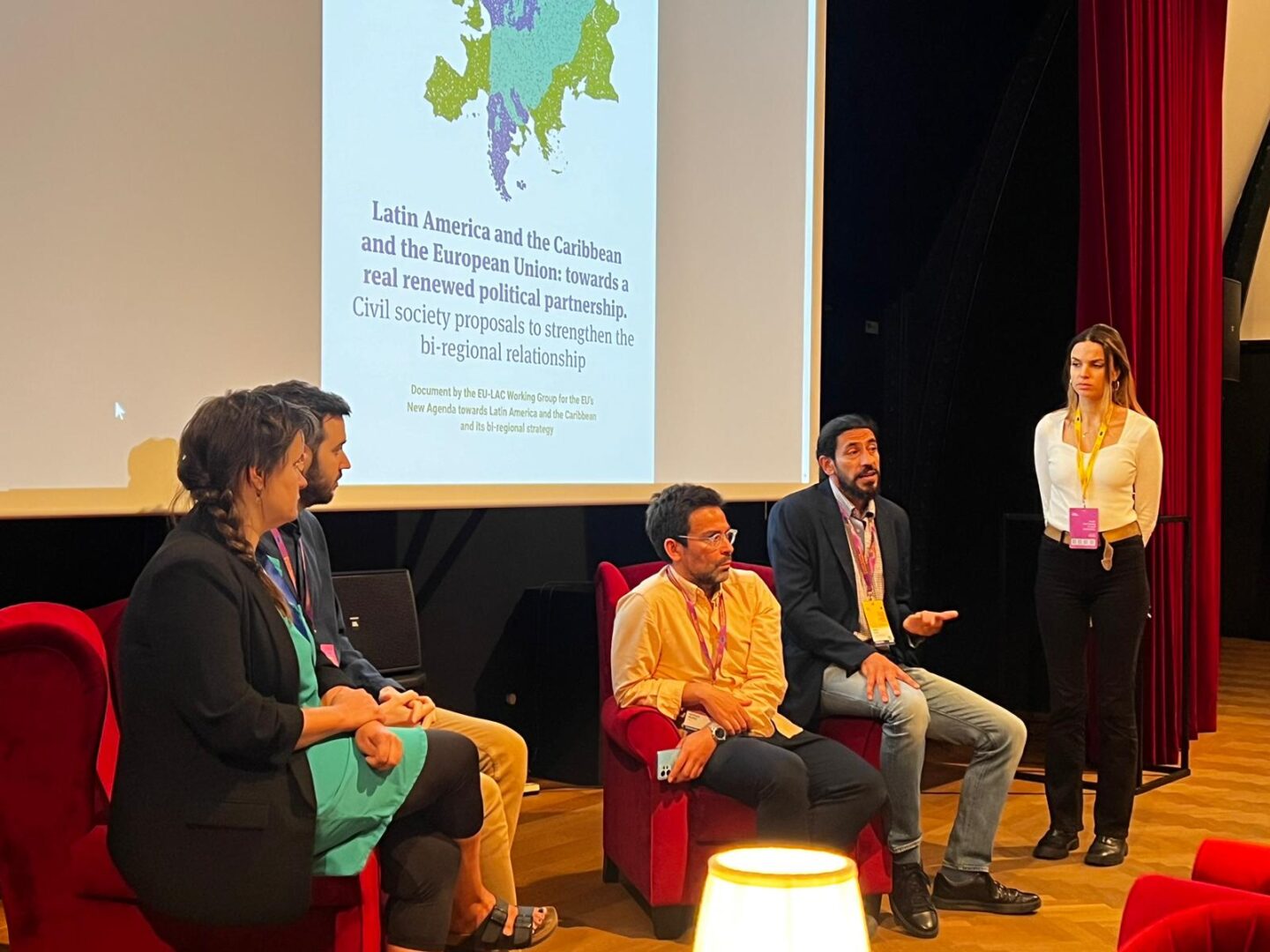About the European Union
The European Union (EU) is an economic and political association currently made up of 27 European countries. It was formed in 1958 and was originally called European Economic Community (ECC) since it was the economic cooperation between six countries to reduce the possibilities of conflict between them. This created a large unified market and, since 1993, the European Union has covered many policy areas, from the environment and health to external relations and security.
The EU’s institutional framework and decision-making system consists of four main institutions: the European Council, the European Commission, the European Parliament, and the Council of the EU. One of the objectives of the European Union is the promotion of human rights, democracy and the rule of law, both in internal policy and in its external relations.
Our work in the European Union
The EU’s institutions and participation spaces offer advocacy mechanisms to make human rights violations in Latin American and Caribbean countries more visible. In this sense, Race and Equality carries out articulated and coordinated advocacy work with other organizations and networks of civil society before different formations of the European Parliament, such as the Subcommittee on Human Rights, the Committee on Foreign Affairs and the Delegations for relations with regions and countries of Latin America, as well as before the secretariats of the political groups.
It also lobbies the European External Action Service (the EU entity that implements the EU’s Common Foreign and Security Policy and conducts diplomatic relations with other countries), the office of the EU Special Representative for Human Rights and the European Commission’s Directorate for International Partnerships. At the level of the EU Member States, our focus of work is the Working Group on Latin America and the Caribbean of the Council of the EU (COLAC). Race and Equality also offers technical assistance and training to organizations and activists in Latin America, facilitating their access to EU institutions, mechanisms and work processes.
Currently, Race and Equality has a representative in Brussels, who is responsible for designing and carrying out the organization’s advocacy strategy before the institutions of the European Union and its different bodies.



